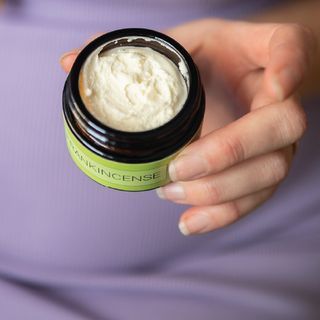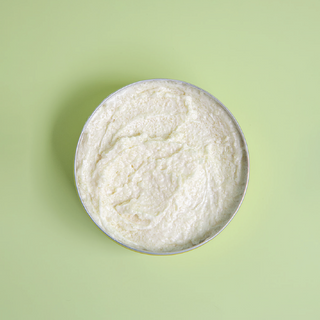What’s the difference between dry skin and dehydrated skin?
These two terms are often used interchangeably– but they’re not the same thing.
Dehydration is a lack of water, and dryness is a lack of lipids.
If your skin doesn’t hold its shape and takes a few moments to bounce back, it’s likely dehydrated.
Dry skin is often more uncomfortable and can come with roughness and flakes.
Both are tough on your skin, accelerate aging, and lead to inflammation.
Consistently dehydrated skin could be a sign your body needs more fluids and minerals like potassium, sodium, and magnesium (to help water get into your cells). Dry skin might mean you’re not getting enough fats in your diet (think tallow, butter, eggs, full-fat dairy).
As you support your skin from within, saturated skincare can nourish topically.
Fatty acids soften and lubricate, while naturally occurring vitamins and minerals rebuild the moisture barrier and prevent water loss.
Discover ingredients that truly satisfy skin.
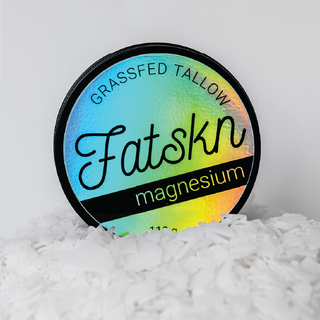
Why You Should Care About Magnesium for Stress, Skin, and Hormone Health: how to get your levels up the right way
Avoid these common mistakes and find balance through smart supplementation.
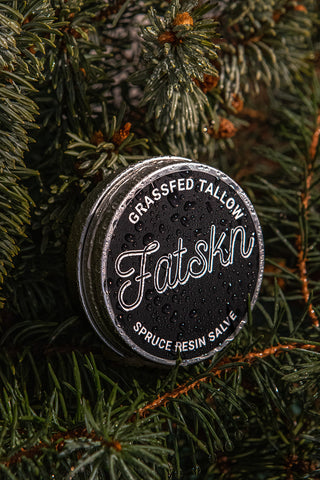
Why You Need Spruce Resin Salve in Your Life (and on your skin): 13 Unexpected Spruce Resin Salve Uses
An ancient first-aid tradition that's worth embracing today.

This Is Why Vitamin E Is the Key to Youthful Skin (and healthy cells)
An antioxidant superpower that calms stress and literally pumps the breaks on aging.

The Better Vitamin C: why everyone’s obsessed with tetrahexyldecyl ascorbate for damage-proof skin.
Can you guess what makes this antioxidant stand out?
What is your skin trying to tell you?
The condition of your skin is a reflection of what’s going on inside your body.
Nourishing topical treatments can support healing, but you must address underlying imbalances pushing inflammation to see lasting results.
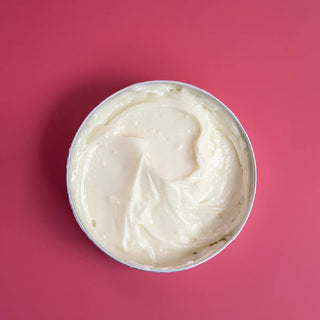
What Really Causes Psoriasis on Your Skin and How to Heal It Naturally with Diet and Tallow: Getting to the Root of the Issue
*Disclaimer: This article is not medical advice. We always recommend doing your own research and advising your healthcare team before making any changes. If you’ve been googling “how...






